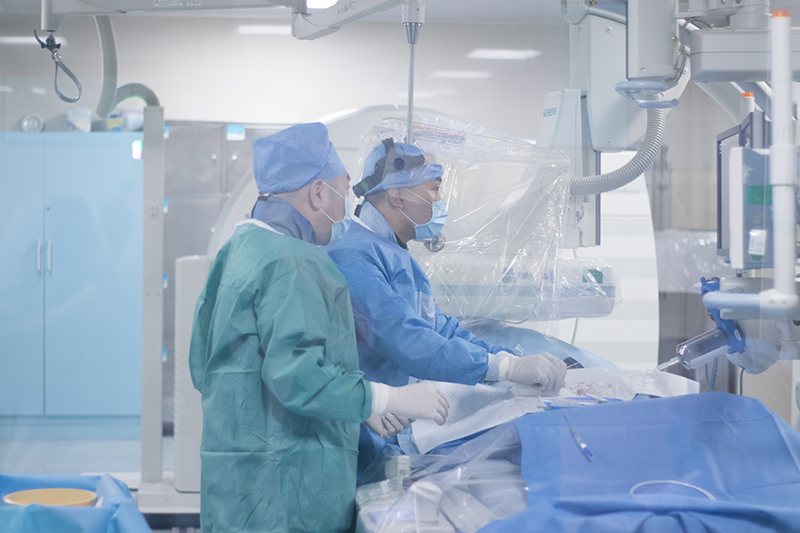China’s advanced medical policies, professional expertise, and international patient services are offering Malaysian cancer patients unprecedented treatment opportunities. Whether you are newly diagnosed or have not achieved satisfactory results with local treatment, China may open a new door of hope for you.

1.Policy Access and Visa Convenience
Severely ill patients can apply for a medical visa to enter China for treatment, provided they obtain an official appointment letter issued by a Chinese hospital in advance. For patients who are unable to apply for a visa in person, China’s immigration authorities may offer "special-case handling," including in-room visa interviews and expedited processing.
Case Example: Fuda Cancer Hospital in Guangzhou once facilitated visa approval for a Malaysian brain tumor patient directly from the hospital ward, ensuring no delay in surgery.
• Patients over the age of 12 may bring one accompanying person; patients under 12 may bring two.
• Accompanying persons are allowed to stay in the same room as the patient. Some hospitals provide meals and lodging support for them.
2. Unique Advantages of Cancer Treatment in China
1. Personalized Treatment Plans
Hospitals such as Fuda Cancer Hospital in Guangzhou offer tailored combination treatments based on the patient's condition. For example:
• Rectal cancer patients may receive chemotherapy + immunotherapy instead of traditional radiotherapy.
• Patients with cardiac abnormalities can receive real-time intraoperative monitoring and precise anesthesia control, ensuring treatment safety.
2. Access to New Drugs & Medical Insurance
• China’s national insurance list has added 23 new anti-cancer drugs, covering 17 types of cancers including lung cancer, breast cancer, and lymphoma.
• Restrictions on installment reimbursements for targeted therapies have been removed. Chinese patients can be reimbursed 70%–90% through national insurance.
• International patients can access these same drugs via commercial insurance or out-of-pocket payment.
• Legal access to overseas generic drugs (e.g., Bangladeshi generics of targeted therapies) is also available.
3. Step-by-Step Process for Treatment in China
Step 1: Make an Appointment
Choose a hospital experienced in serving international patients, such as:
• Sun Yat-sen University Cancer Center (Guangzhou)
• Fuda Cancer Hospital (Guangzhou)
Step 2: Visa and Travel
Use your hospital appointment letter to apply for a medical visa. Patients with limited mobility may apply for transport and escort services.
Step 3: Costs and Payment
It is recommended to purchase international commercial medical insurance that covers treatment in China or confirm that your Malaysian insurance covers overseas medical expenses.
Step 4: In-China Medical Services
Hospitals can provide:
• Medical interpreters (English/Malay)
• Dedicated reception for international patients
• Accommodation and meal plans for patients and accompanying persons
4.China–Malaysia Cancer Treatment Comparison Table
Category | China | Malaysia |
Treatment Cost | Targeted drugs affordable under insurance (foreigners pay out-of-pocket or via insurance) | High costs in private hospitals; some insurance reimbursement available |
Caregiver Support | Hospitals provide accommodation & meal services, reducing family burden | Families often need to stay with patients full-time |
Medical Resources | Hospitals in Guangzhou concentrate high-level expertise; suitable for advanced-stage cases | Limited advanced treatment options for late-stage cancers |
Visa and Entry | Medical visas accessible, with fast-track options available | Not applicable for local treatment |
5. Recommended for the Following Patient Scenarios
Malaysian cancer patients are strongly encouraged to consider treatment in China if they:
✅ Require new therapies such as targeted therapy or immunotherapy
✅ Are at locally advanced or metastatic stages, or have failed chemo/radiotherapy
✅ Seek a multi-disciplinary approach (surgery + medication)
✅ Want to explore Traditional Chinese Medicine (TCM) to relieve side effects and improve quality of life